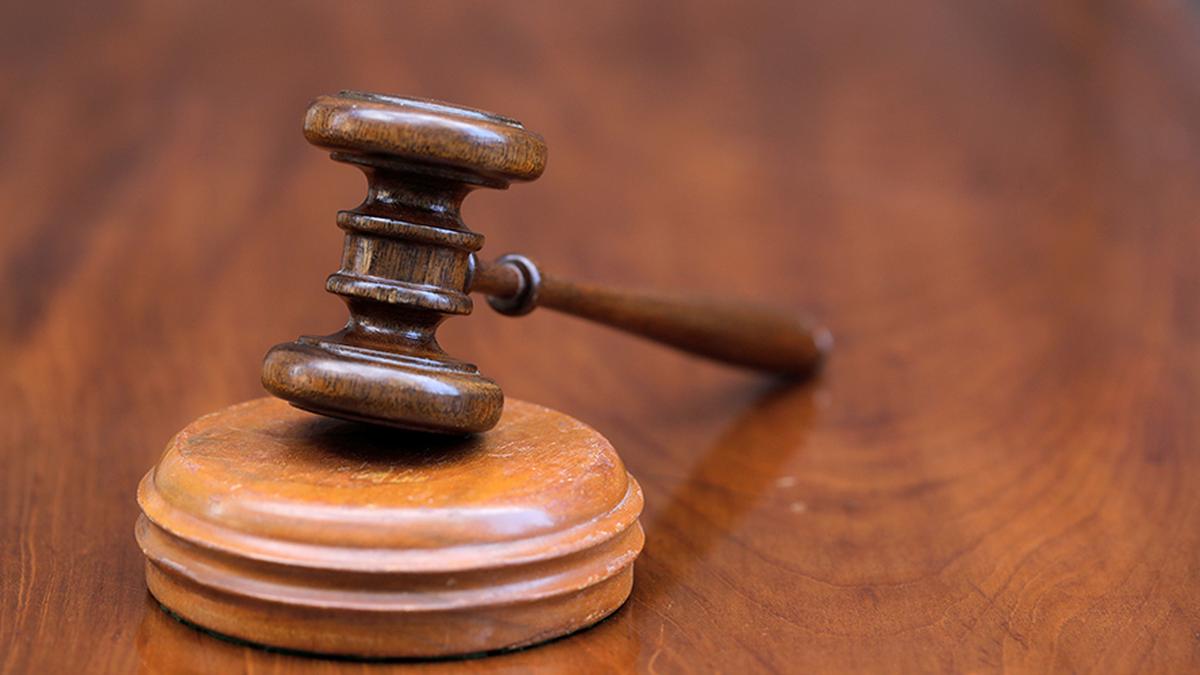A gavel and a block is pictured at the George Glazer Gallery antique store in this illustration picture taken in Manhattan, New York City, U.S., August 18, 2020. REUTERS/Andrew Kelly/Illustration
| Photo Credit: Reuters
The Supreme Court on Tuesday (January 21, 2025) suggested the appointment of ad-hoc judges in high courts to deal with the huge pendency of criminal appeals.
A special bench comprising Chief Justice Sanjiv Khanna and Justices B.R. Gavai and Surya Kant referred to the data on pendency of criminal cases in several high courts and said in Allahabad High Court alone there were 63,000 criminal appeals pending.
Also read | Tackle the issue of adjournments, case pendency
The CJI said in the Jharkhand High court the figure stood at 13,000, and similarly 20,000, 21,000, 8,000 and 21,000 criminal cases were pending in high courts at Karnataka, Patna, Rajasthan and the Punjab and Haryana respectively.
The bench said it could partly modify the 2021 judgement to ensure ad-hoc judges were appointed to decide criminal appeals by division benches presided over by sitting high court judges.
The CJI said no ad-hoc judge should be appointed in a high court if it was functioning with 80% sanctioned strength of judges.
“We will have to deal only with the condition that the ad hoc judges will be sitting on the benches which are dealing with criminal cases with one sitting judge as the presiding judge… to that extent we require that modification,” the bench said and asked the attorney general R Venkataramani to assist it on January 28.
On April 20, 2021, the apex court in a crucial verdict directed retired high court judges to be appointed as ad-hoc ones for a period of two to three years to clear the backlog of cases.
During the hearing, the CJI said he listed the case keeping in mind the “acute pendency of criminal appeals in some high courts”.
The 2019 case titled as Lok Prahari v. Union of India is being heard by the bench in which the judgement was delivered in 2021.
The bench is dealing with the smooth implementation of the 2021 judgement.
It had said the process suggested by the Centre for appointment of ad-hoc judges in high courts was “very cumbersome” and underlined the adoption of a simpler procedure so to not defeat the real objective of their appointment.
The rarely used Article 224A of the Constitution deals with the appointment of ad-hoc judges in high courts and says “The Chief Justice of a High Court for any State may at any time, with the previous consent of the President, request any person who has held the office of a Judge of that Court or of any other High Court to sit and act as a Judge of the High Court for that State”.
The top court also laid down guidelines to regulate the appointments.
The guidelines covered issues such as the trigger point when the appointment process could be set in motion, tenure, procedure for appointment, salary, perks, maximum number of such judges and their role in adjudicating cases.
Published – January 22, 2025 07:18 am IST






